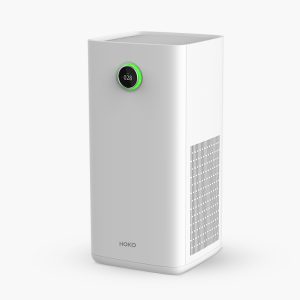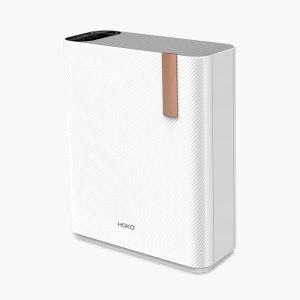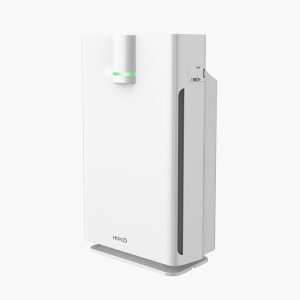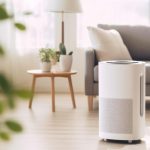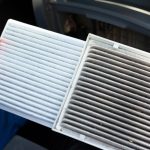Air purifiers have gained immense popularity in recent years as people become increasingly aware of the importance of clean and healthy indoor air. As a reseller, understanding the pros and cons of different types of air purifiers is crucial for effectively catering to your customers’ needs. In this article, we’ll explore various types of air purifiers and weigh their advantages and disadvantages to help you make informed decisions when offering these products to your customers.
High-Efficiency Particulate Air (HEPA) Filters
Pros:
- Highly effective at removing allergens, dust, pet dander, and fine particles from the air.
- Proven technology with well-established performance standards.
- Suitable for allergy and asthma sufferers.
- Minimal maintenance required (filter replacement typically needed every 6-12 months).
Cons:
- Limited to particle filtration; not effective against gases, odors, or microorganisms.
- Initial investment and replacement filter costs can be relatively high.
- HEPA filters can be noisy at high fan speeds.
Activated Carbon Filters
Pros:
- Excellent at adsorbing and eliminating odors, chemicals, and volatile organic compounds (VOCs).
- Enhances the overall air quality by reducing unpleasant smells.
- Often used in combination with HEPA filters for comprehensive purification.
Cons:
- Not as effective at removing particulate matter as HEPA filters.
- Limited lifespan for adsorption capacity; frequent filter replacement may be needed.
- Less suitable for capturing allergens or bacteria.
Ultraviolet (UV) Air Purifiers
Pros:
- Effective at killing bacteria, viruses, and some mold spores.
- Minimal maintenance required (periodic bulb replacement).
- Works well in combination with other filtration methods.
Cons:
- Ineffective against non-airborne particles like dust and pet dander.
- Limited range of coverage; may require multiple units for larger rooms.
- Safety precautions needed to prevent UV exposure to humans.
Air Purifiers Ionizers
Pros:
- Particle Removal: Ionizers are effective at removing airborne particles by giving them an electrical charge, causing them to settle and be removed from the air.
- Enhanced Filtration: They can complement other filtration methods, improving overall air purification performance.
- Low Maintenance: Ionizers require minimal maintenance, as there are no filter replacements needed.
Cons:
- Ozone Generation: Some ionizers can produce ozone, which can be harmful to human health and the environment.
- Limited Effectiveness Against Gases and Odors: They may not be as efficient in addressing issues related to odors and gases in the air.
- Regular Cleaning: Cleaning of the ionizing plates or collector cells is necessary to maintain their effectiveness over time.
Advanced Multi-Filter Air Purifiers
Air purifiers equipped with various combinations of filters offer a highly efficient solution for improving indoor air quality. By using a combination of filters like HEPA, activated carbon, and UV or ionization technology, these purifiers can effectively tackle a wide range of airborne contaminants. HEPA filters excel at capturing particles like allergens and dust, while activated carbon filters adsorb odors and chemicals. When coupled with UV or ionization technology, these purifiers can not only trap but also neutralize bacteria, viruses, and mold spores. This multifaceted approach ensures that the air you breathe is not only clean but also free from harmful microorganisms and unpleasant odors, making it an excellent choice for those seeking comprehensive air purification solutions for their homes or offices.
As a reseller, it’s essential to weigh the pros and cons of different types of air purifiers carefully, taking into consideration the specific needs and preferences of your customers. Offering a variety of air purification solutions and providing clear information on each type’s advantages and limitations can help you better serve your customer base. Ultimately, the right choice of air purifier depends on factors like the size of the space, the air quality concerns, and any specific health issues your customers may have.
